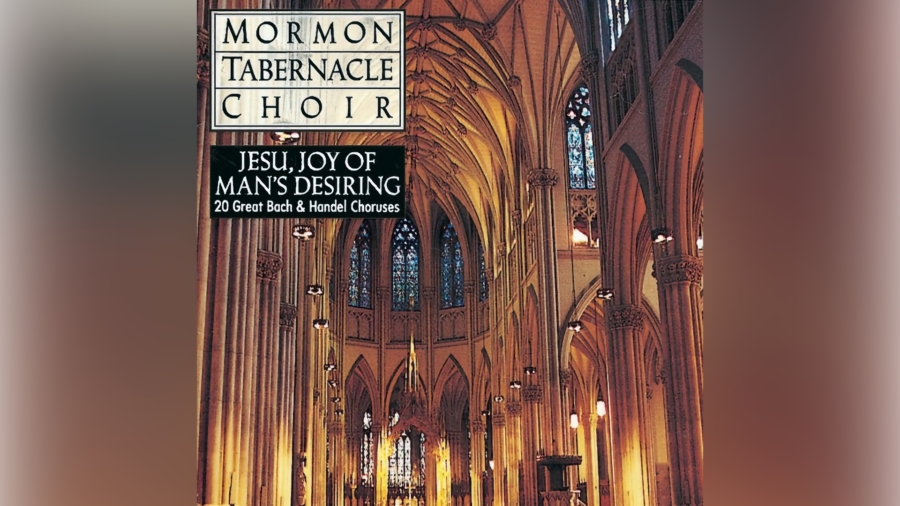Finding “Zadok” of Handel
Handel’s Zadok the Priest (HWV 258) is such a popular classical piece, I suspect most people would not even notice it is entirely written in English. At the very least, I was bamboozled to learn all the English lessons I’ve had growing up failed to mention it. If it doesn’t ring a bell, here is a version from Westminster Abbey Choir on YouTube. The text is biblical and it is easy to read. The verse that matters today is following:
Zadok the priest and Nathan the prophet anointed Solomon king.
Full disclosure before I start getting all over the topic; I’m not particularly into religion, politics, history, or even classical music in this particular op-ed. That is not my cup of tea for the day. My goal in discussing the topic at hand is largely the technology and perhaps copyright law that is enabling this absurd behavior, and it has nothing to do with discussing British crown, LDS (a.k.a. Mormon church), or even historic background of Handel’s decision to write coronation anthem.
Mormon Tabernacle Choir has been on my radar as a broke student who loves choir classical music — 20 Great Bach & Handel Choruses is a great album. I know things are different now with streaming services. But back when I had to buy an album or a song without a chance to give it a listen, I had to swing it with a name I already knew; I liked their interpretation of grandeur in coronation anthem. But here is the interesting part. Take a listen to the version released on YouTube.
On Westminster’s version, at around 1:20, you can clearly hear the chorus starting with Zadok the priest. It may not be entirely clear with all the instruments in the background. But on Tabernacle’s, at around 1:11, it’s definitely not a “Za” or “Z-” sound of any kind. If anything, I assumed it must be meant for someone significant, perhaps named Gladys or G- name in LDS, or perhaps the lyrics was re-written to celebrate an event or an occasion. This wouldn’t be the first time a public domain classical would be altered for commercials or other purposes*.
*For reference, the linked commercial was a collaboration between BurgerKing and Baedal Minjok (Korean food delivery app), and it used the Zadok the Priest.
What peaked my curiosity had less to do with the ambiguity of the lyrics itself but the insistence of the streaming apps, music identifying apps, and AI assistant apps all denying the lyrics has been changed. All the apps and platforms either copy-pasted the original Zadok the Priest lyrics into Tabernacle’s or answered that the Choir has not altered the lyrics. Some AI even suggested that I was hallucinating, likely from my multi-lingual background — the audacity!
Two months ago, Musixmatch, a music finding/matching app, updated the lyrics of the Mormon Tabernacle Choir’s Zadok the Priest. I was finally vindicated. This is the version of the lyrics, verified by the Musixmatch itself:
Glory and praise to God in the heavens
Sublime and holy Kingdom!
Apparently I wasn’t the only paranoid one who noticed the alteration; there are comments on the YouTube saying they can hear it. Again, I’m not suggesting one cannot nor should not alter a classical piece; I simply wanted to know what those changes are and the stories behind them. In this particular case, however, the lyrics itself was less of a story than the technology surrounding it barring me from asking a benign question. Granted, there is no guarantee Musixmatch is correct either; it is one thing for a music matching app to identify an original lyrics added on to a classical and the other to have transcribed those lyrics accurately. But I believe there is certain craftsmanship or value in opening up the ambiguity rather than suggesting inaptitude of a user.
